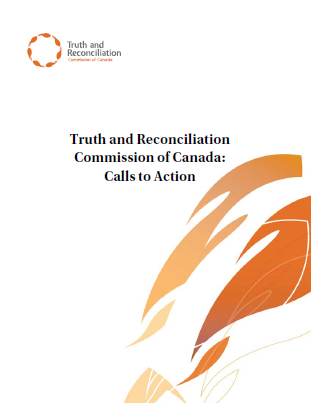Our Land Acknowledgement
At Sankofa, our land acknowledgements are ever-evolving, reflecting ongoing conversations around Land Back and Indigenous sovereignty. We see them not as fixed statements but as conversation starters—an invitation to critically engage with the realities of Turtle Island and our responsibilities within our communities.
The Sankofa Farming Cooperative takes up space on the unceded lands of the Kanien’kehá:ka Nation, known as Tiohtià:ke (colonially as “Montreal”). These lands have long been a site of gathering, sustenance, and resistance for many First Nations, including the omàmiwininì (Algonquin) people. We acknowledge the Kanien’kehá:ka as the traditional stewards of this land, whose ongoing presence and protection of these territories have allowed all who live here to exist and thrive.
As a collective rooted in Black and Afro-Indigenous traditions of land stewardship, we recognize the deep interconnectedness between our histories of displacement, dispossession, and resistance. Our work to reclaim Afro-Indigenous agricultural and cultural practices is an act of both remembrance and restoration—a commitment to honoring our ancestors while building a sustainable future for our communities. We understand that the struggles for Black and Indigenous liberation are intertwined, and we stand in solidarity with Indigenous land defenders who continue to resist colonial violence and environmental degradation across Turtle Island.
Our gathering is an intentional act of healing, learning, and reconnecting to land in ways that resist extraction and honor ancestral knowledge. We acknowledge that land acknowledgment alone is not enough—it must be followed by action. As we cultivate food sovereignty, we also commit to deepening our relationships with Indigenous communities, supporting their calls for justice, and uplifting their voices in our advocacy and everyday lives.
In the spirit of Sankofa, we look back to our roots to inform how we move forward. We ask ourselves: how do we ensure that our healing is in service to collective liberation? How do we weave together our histories of resilience to create a future where land is nurtured, protected, and held in community care? May today be a space of reflection, action, and continued commitment to decolonization in practice, not just in name.
It’s important to recognize the historical and ongoing wrongs perpetrated against Indigenous Peoples and the legacy of colonialism still in place today.
The legacy of that separation and suppression of culture has had a profoundly negative impact on Indigenous communities, families and cultural connections through the generations.
Take a minute to learn about the Truth and Reconciliation Calls to Action:

